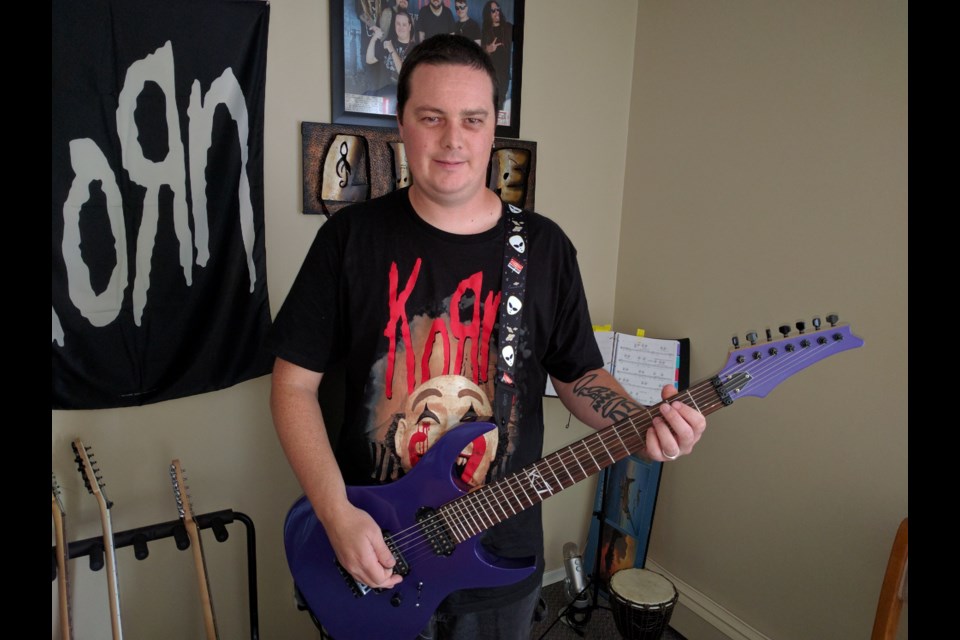Chelmsford's Andrew Way has suffered from seizures for more than half his life.
In October he will go through a risky surgery in Toronto that will give him up to an 85 per cent chance never to have another seizure again.
But Way hopes his wife, Stephanie Hall, can join him in Toronto to support him during the procedure.
“My biggest fear right now is not having my wife with me when I come out of it,” he said.
To pay for his wife's stay in Toronto he has set up a GoFundMe page to raise the funds to support her stay, and help him get the services he needs after his surgery.
Due to his epilepsy, which he was diagnosed with at age 14, Way has had trouble working consistently.
Employers often see him as a liability due to his condition, he said.
Many seizures he has had throughout his life have not been dramatic convulsive seizures, but they have been debilitating all the same.
“There have been so many times where I've gone to bed and woken up in the hospital the next afternoon, and I feel like a bus hit me,” Way said.
Once, while visiting Toronto, he said he blacked out while crossing a busy street.
He was later told he caused a car crash when vehicles swerved out of the way so they wouldn't hit him.
The medication he takes to control his seizures has also taken a toll on his body due to a variety of side effects.
“My bone density is about that of someone twice my age,” he said.
His low bone density, combined with some violent falls from seizures, has lead to two fractures in his spine.
Because of those fractures Way said he can't even lift his five-month-old daughter.
Even without seizures, Way said his bad back will probably prevent him from working for the rest of his life. Just sitting a chair too long causes him pain.
After two years of medical tests in Toronto, Way's doctors were able to pinpoint the source of his seizures – a small part of his right temporal lobe around four centimetres below his skull.
On Oct. 7 surgeons will remove that part of his brain.
Way said there is a risk the procedure could affect his short-term memory and his ability to speak.
He said his greatest fear is that he might forget how to play the guitar. Music has been an important part of his life and has helped him manage his stress, which reduces the risk of seizures.
But Way said the risks tied to his surgery are worth it if he no longer has seizures.
If it affects his speech or memory, he can work with therapists to rebuild those neural pathways.
“It's worth the risk,” he said.
